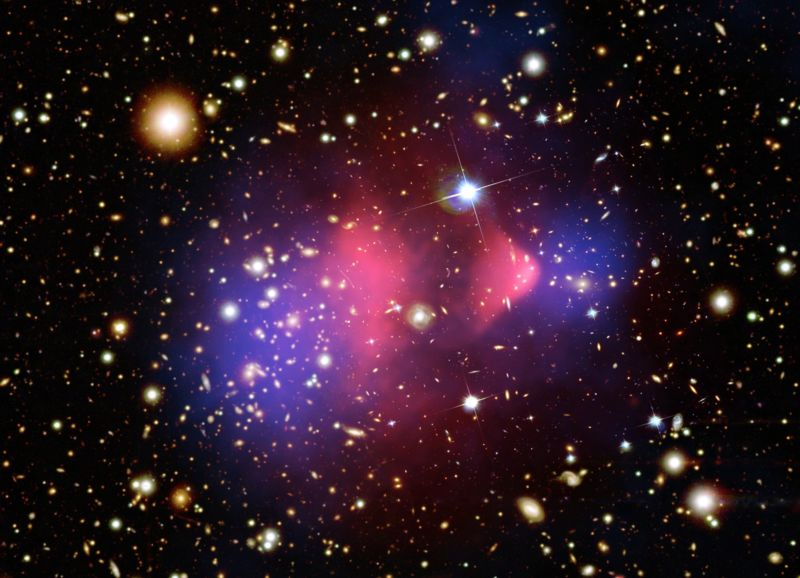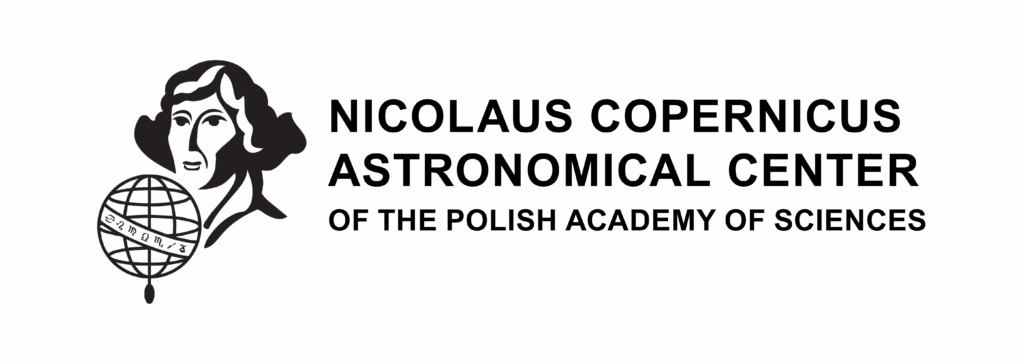Professor Leszek Roszkowski, the director of AstroCeNT, leads an international team of experts to prepare a report on the status and plans for the next decade of the experimental programme of direct detection of dark matter (DM) in the Universe. The team is also expected to formulate recommendations for the field for the next decade.
Dark matter comprises about 25% of the total mass-energy balance of the Universe. It is generally believed to be made up of some unknown elementary particle. Two most popular classes of candidates are: WIMPs (weakly interacting massive particles) and axions (or axion-like particles, or ALPs). Both have been searched for through a variety of ways. Direct detection of DM in the form of WIMPs is the method used in deep underground laboratories around the world where the underlying idea is to measure a tiny trace of a WIMP scattering off a detector. Prime strategy behind the detection of axions and ALPs is to convert them into a photon in the presence of a strong magnetic field using their characteristic coupling to two photons.
The report has been requested by the Scientific Advisory Committee (SAC) of APPEC (Astroparticle Physics European Consortium) that received mandate from the General Assembly to form an international panel of experts, experimentalists and theorists, under the leadership of Professor Roszkowski. Selecting him to chair the panel is an expression of recognition of his leading role in the field. It also helps strengthening the position of AstroCeNT in the international community of particle astrophysics.
After the report is accepted by SAC and the General Assembly of APPEC, it will serve as a basis for formulating the strategy for the field particle astrophysics in Europe. It will also be presented to funding agencies, both national and international, and other bodies.
More information about the report can be found in the February issue of APPEC newsletter,
https://www.appec.org/news/appec-sac-sub-committee-to-prepare-report-on-direct-detection-of-dark-matter.







